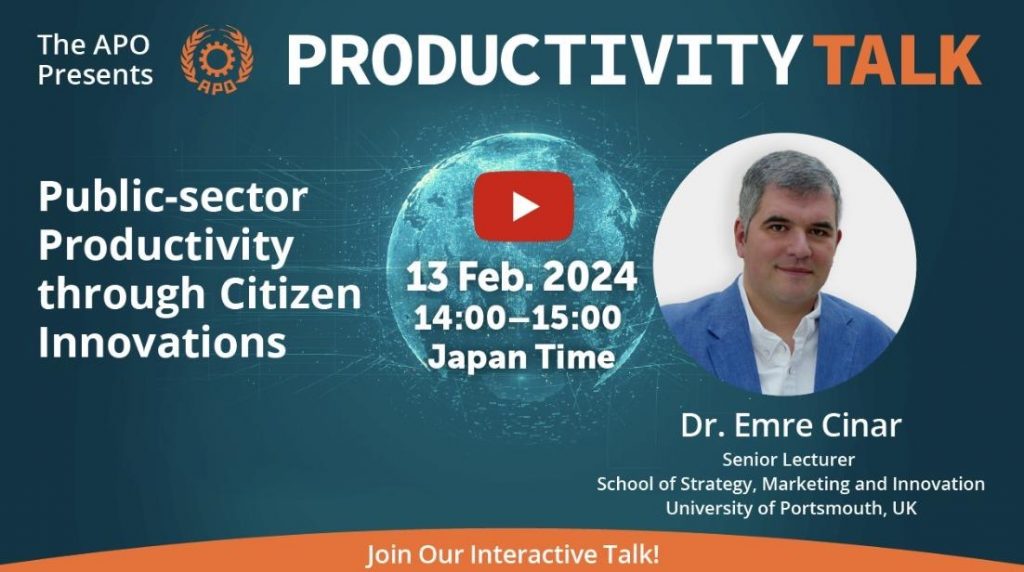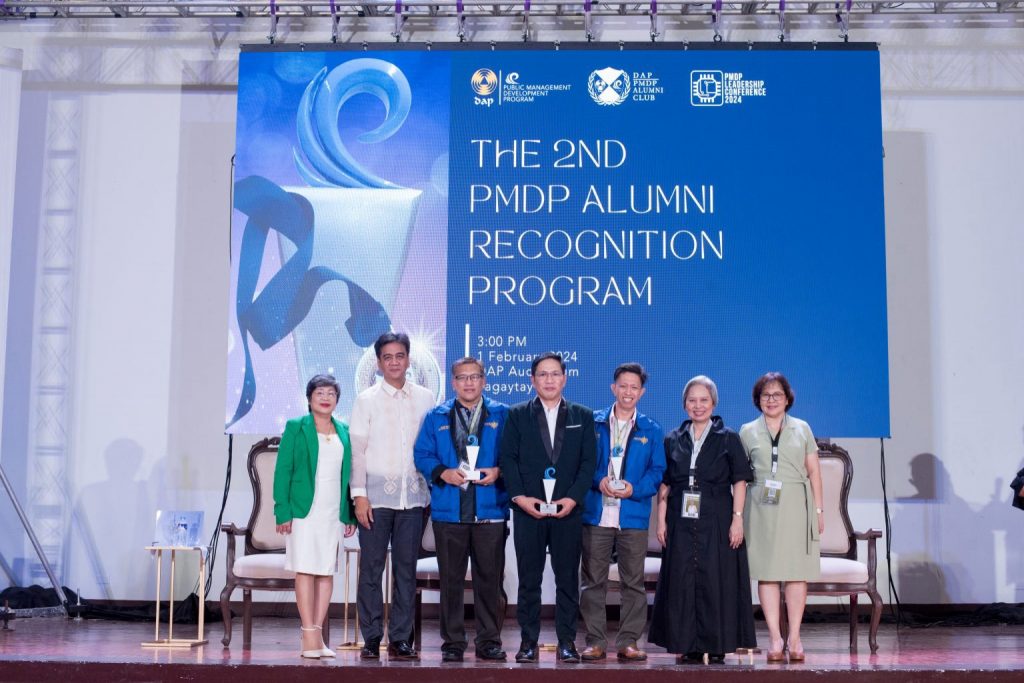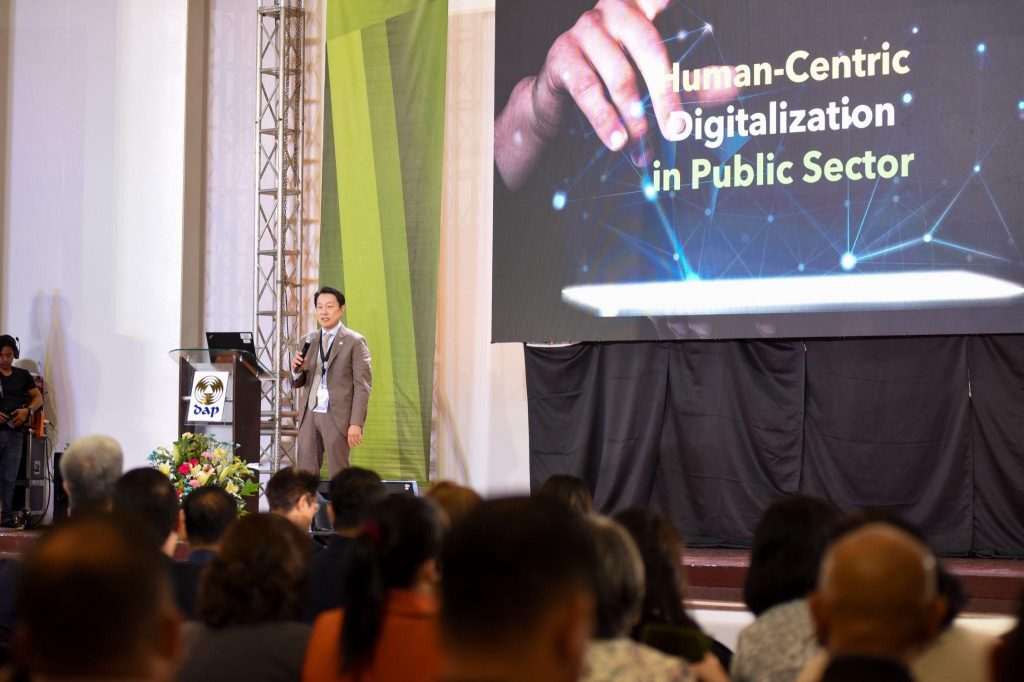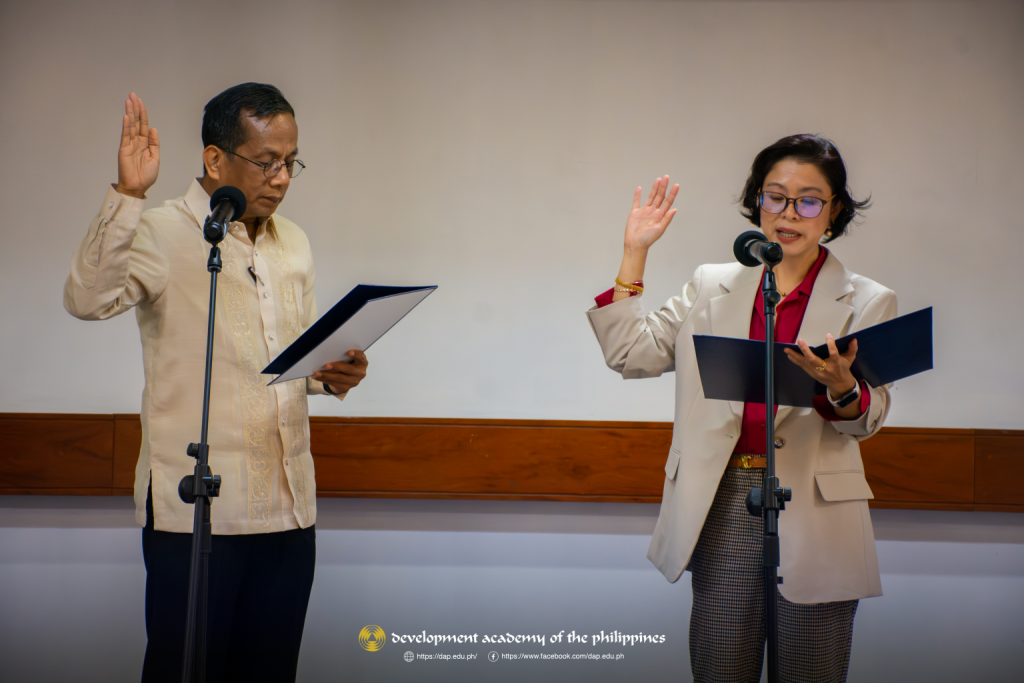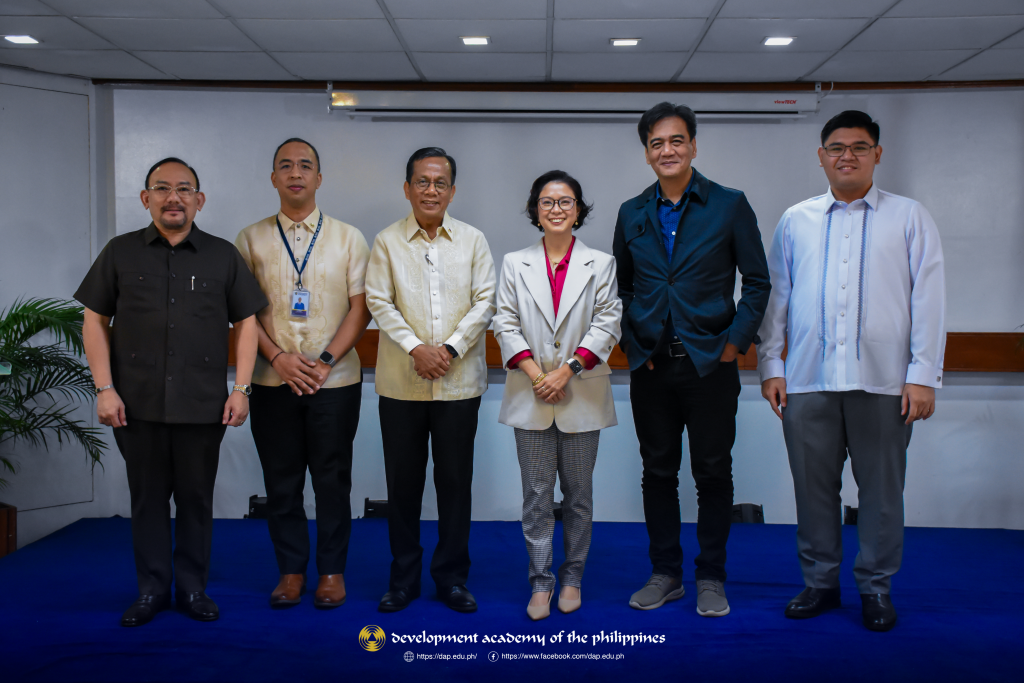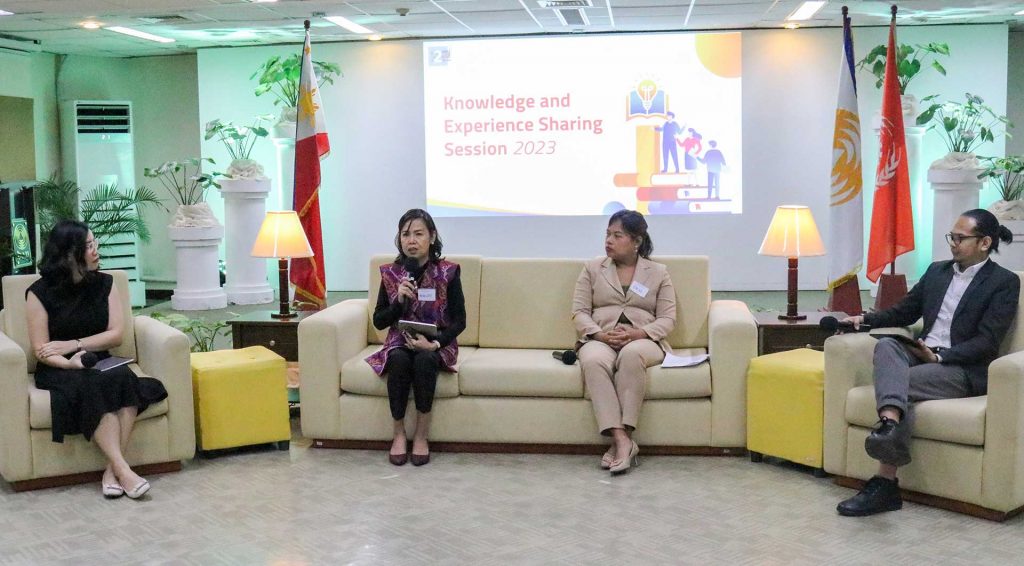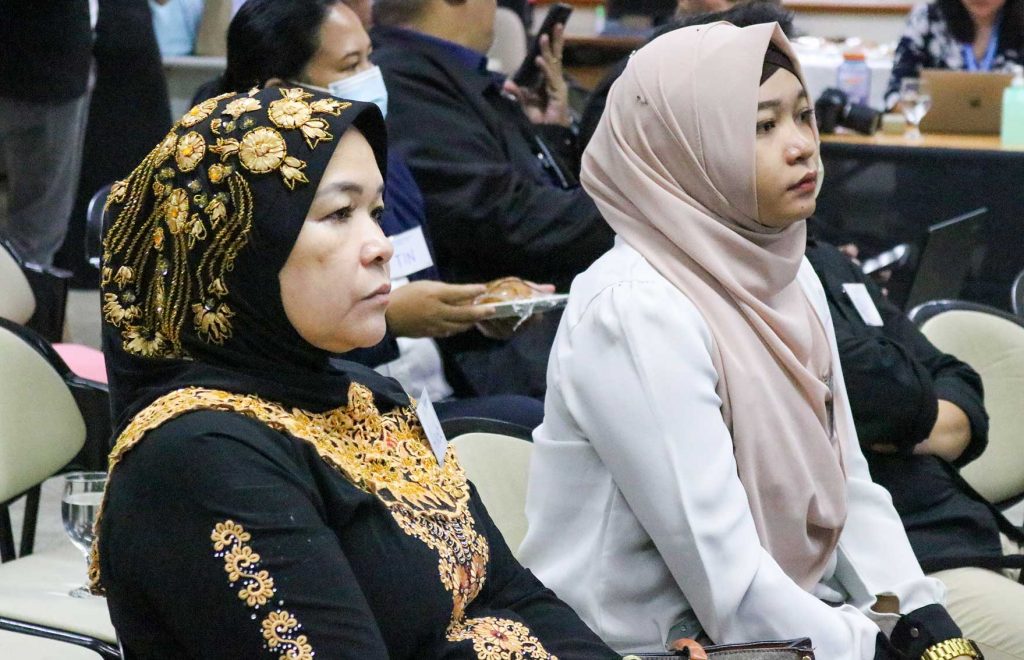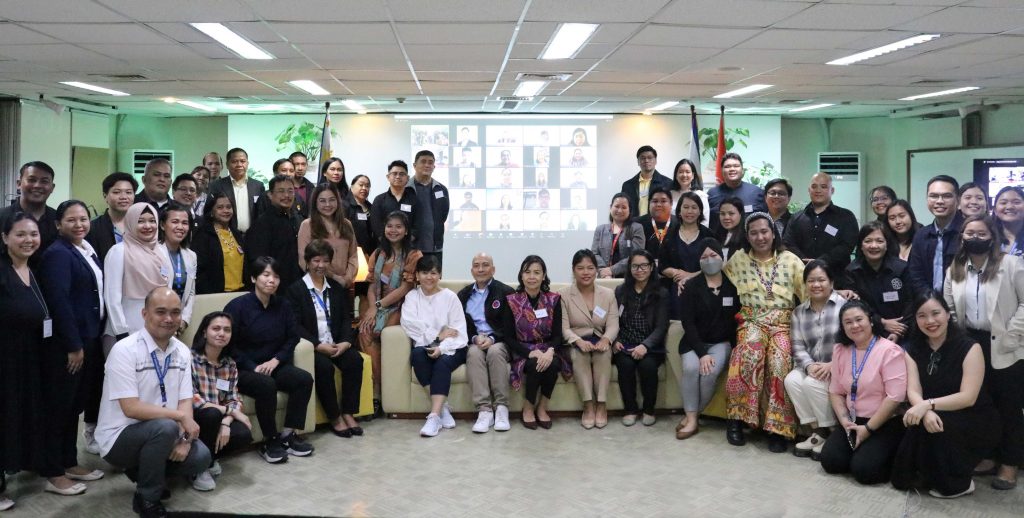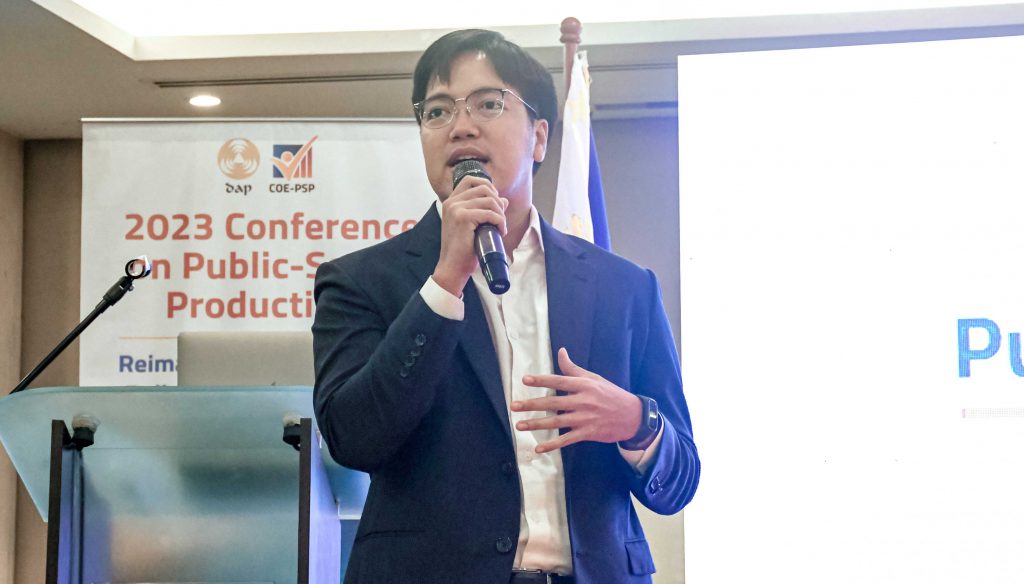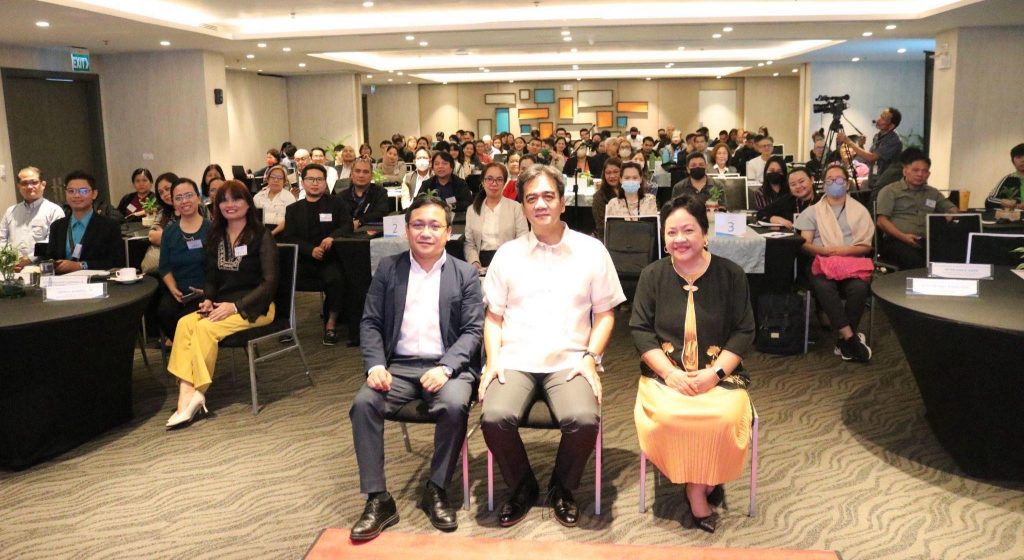
The Development Academy of the Philippines (DAP), as the Center of Excellence on Public-Sector Productivity (COE-PSP), hosted the second iteration of the 2024 Fastbreak Workshop Series: Designing Citizen-Centered Public Services from 12 to 14 March 2024 at DAP, Pasig City.
Twenty-two participants representing five public-sector organizations attended this workshop. These organizations include Isabela State University—Ilagan and Echague Campus, the Local Government of Rodriguez, Rizal, the National Privacy Commission, the National Youth Commission, and the Social Security System.
The workshop series holistically incorporates the tools and methodologies of design thinking, service design, and design sprint by analyzing citizen feedback and making the necessary changes to work processes, infrastructure, and channels to deliver value in public services. Participants will go through three phases: Upskilling, Pitching, and Pilot-testing, ensuring that their outputs commit to reducing service transaction hours and contribute to this year’s Productivity Challenge, the 2024 Fastbreak: 100K Transaction Hours Reduced.
There will be succeeding runs in April. Government agencies and offices can now nominate participants following the nomination guidelines. Email notifications will be sent to those accepted for the next runs.
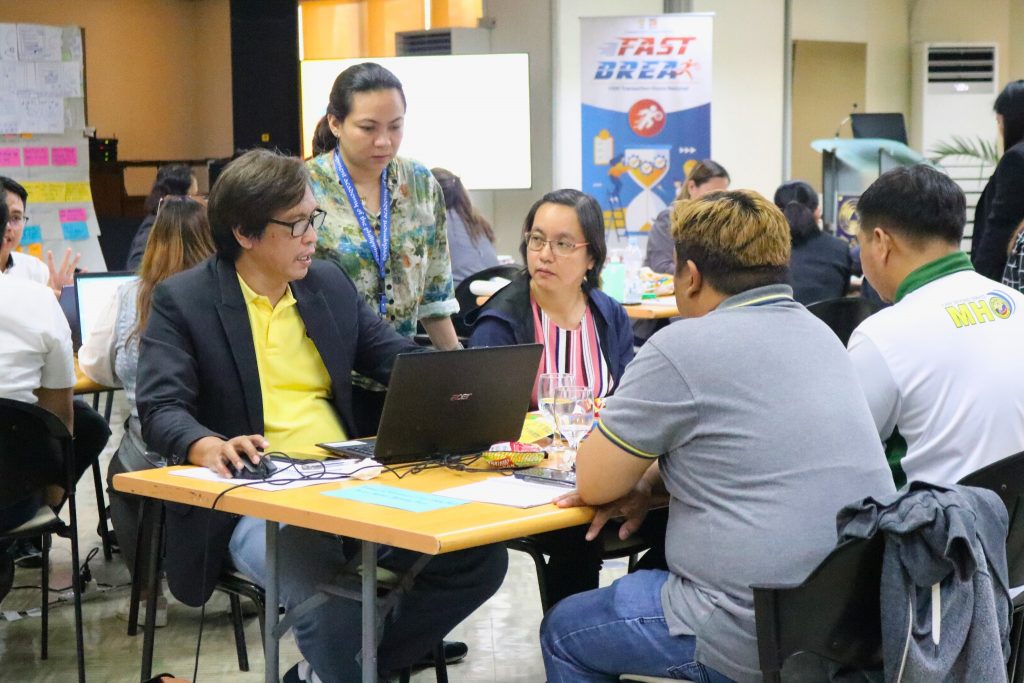
The 2024 Fastbreak: 100K Transaction Hours Reduced initiative is part of the Productivity Challenge Program, a multi-year project led by the DAP COE-PSP. This program aims to elevate awareness and enhance the productivity and innovation of public-sector organizations across the Philippines. It seeks to cultivate a culture of innovation and improve productivity, ultimately enhancing service delivery quality.
For more information on the Productivity Challenge, please visit: https://productivitychallenge.dap.edu.ph/





